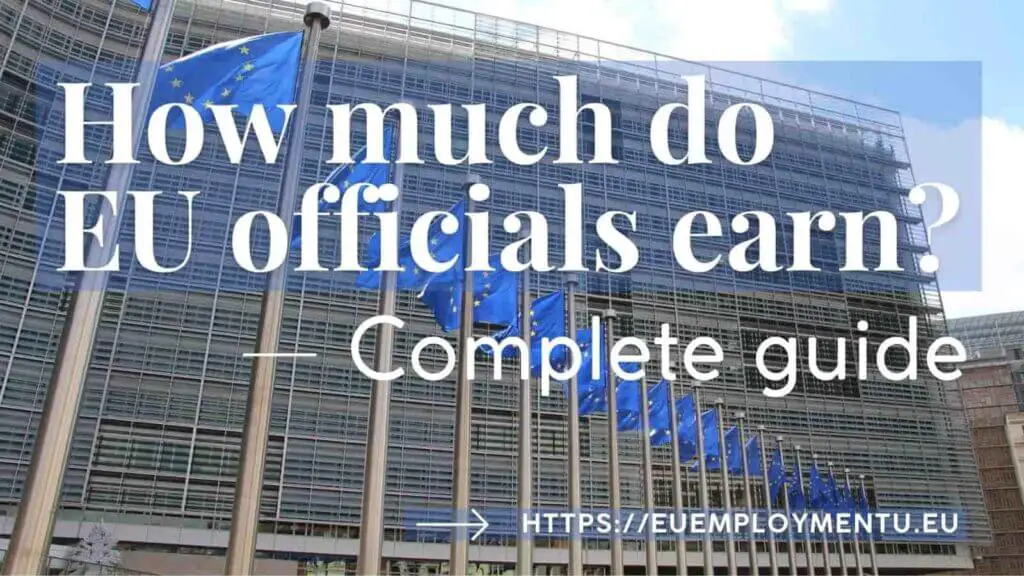Senior management in EU institutions refers to the highest level of executives who are responsible for the overall direction and administration of the organization. This group typically includes positions such as Directors-General, Deputy Directors-General, Directors, and Heads of Unit, who collectively make strategic decisions, set policies, and oversee the implementation of the EU’s objectives and legislative agenda.
Senior managers are tasked with leading their respective departments or directorates, managing substantial human and financial resources, and ensuring that their areas of responsibility contribute effectively to the EU’s priorities and the functioning of its policies. They represent the institution within and outside the EU, engaging with external stakeholders, member states, and international partners.
Senior management is crucial in shaping the organizational culture, driving innovation, and adapting the institution to evolving political, social, and economic challenges. They are also pivotal in providing leadership and guidance to middle management and the broader staff, fostering an environment that supports the EU’s values and mission.





Thank you for sharing. Just one question. I heard someone (security job) got hearing test too. From your list it…